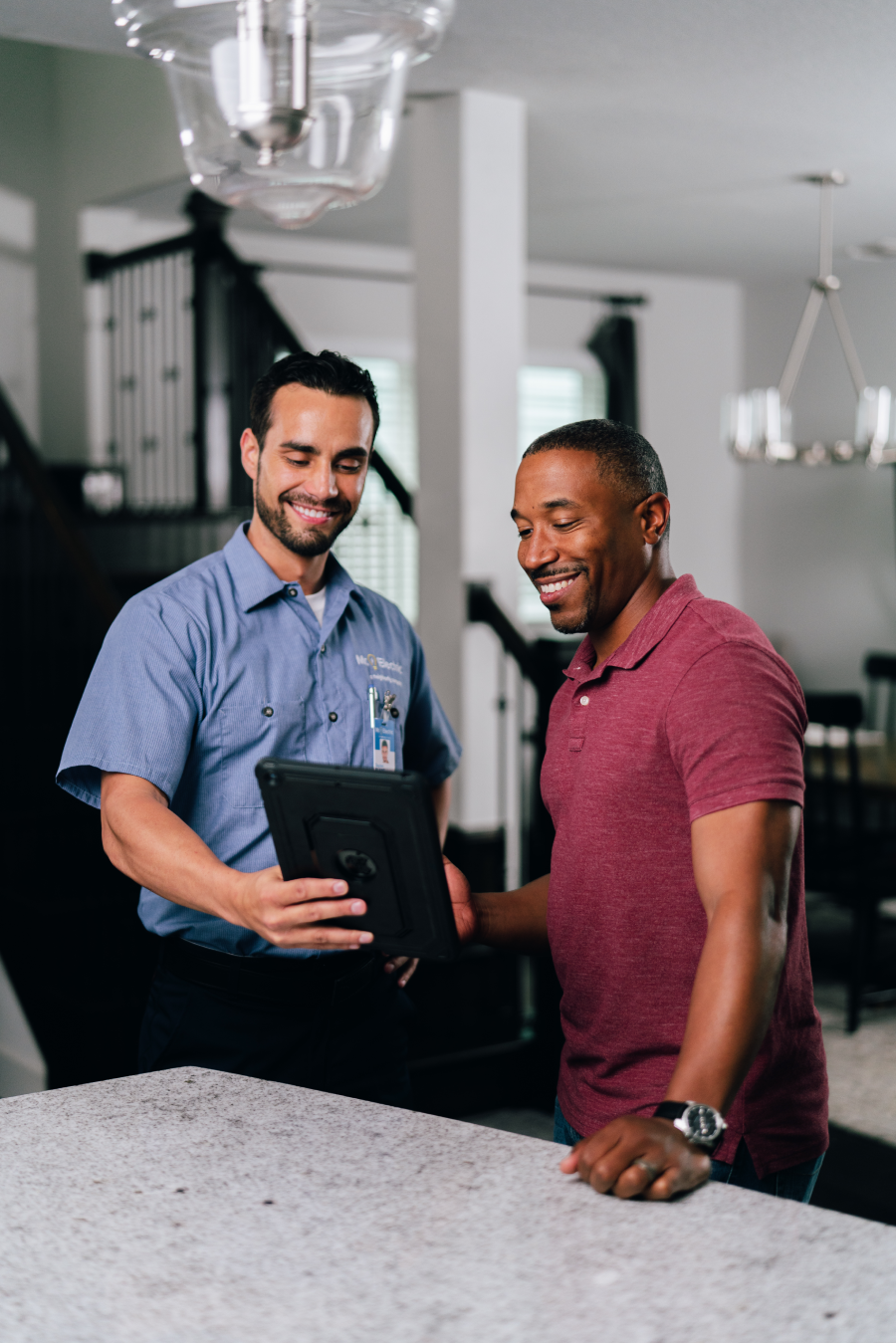Many people overlook the condition of surge protectors and power strips. These wear out over time and can quietly become hazards, especially if they're overloaded or tucked away under furniture.
Call This Tuesday to Get$35 OFF
Hire Local Trusted Electricians Now
Call this Tuesday to Get $35 OFF


